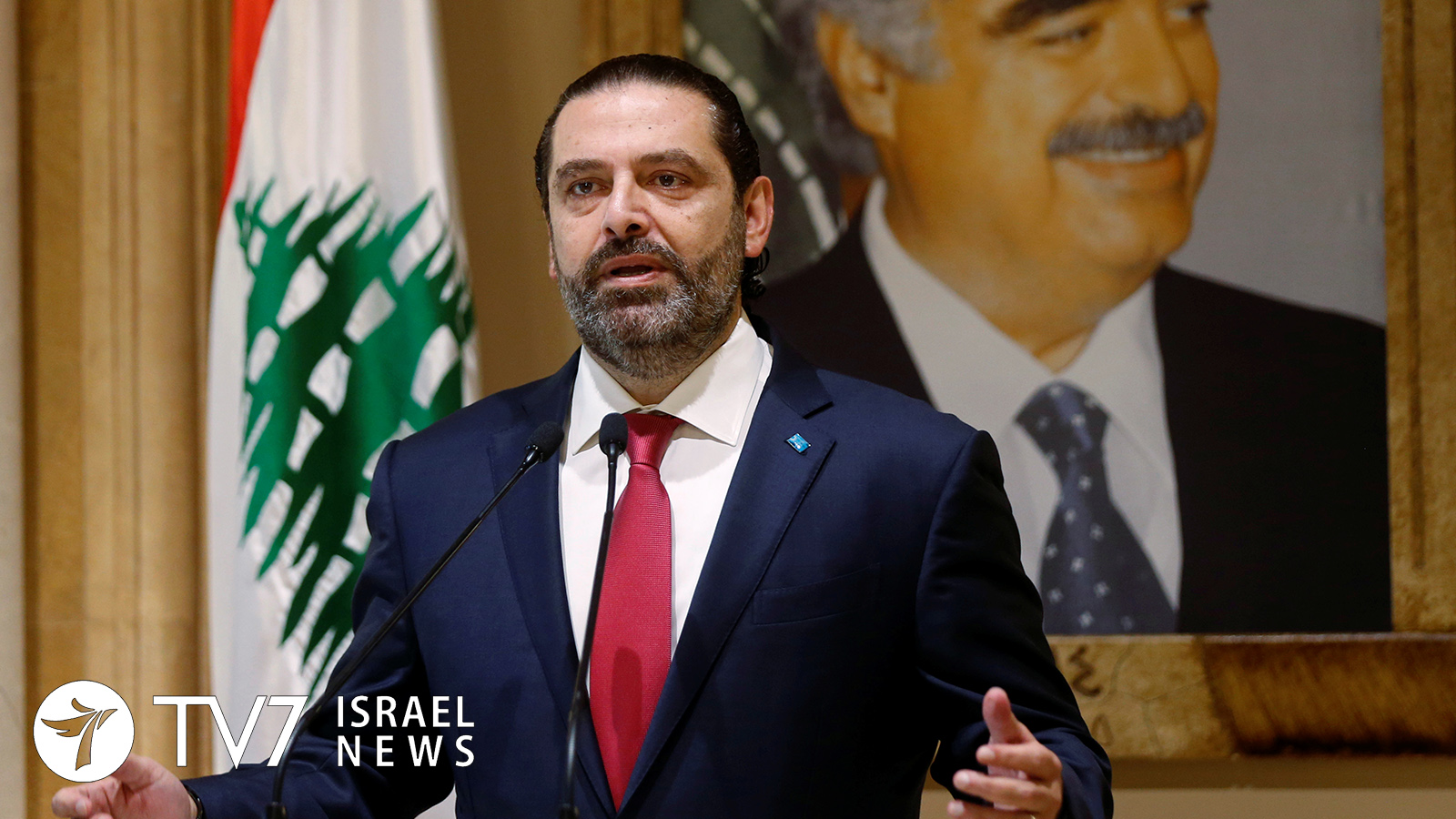Prime Minister Sa’ad al-Hariri announced his decision to resign his post last night, declaring his failure to resolve the crisis that unleased nation-wide protests against the ruling elite, which subsequently plunged the country deeper into turmoil. al-Hariri explained his move saying “For 13 days the Lebanese people have waited for a decision for a political solution that would stop the deterioration. I have tried, during this period, to find a way out, to listen to the people’s voice and to protect the country from economic, security and social dangers. Today, I will not hide it from you, I have reached a dead end. It is time for us to have a big shock to face the crisis. I am going to the Baabda palace to present the resignation of the government to President Michel Aoun and the Lebanese people in all the regions, in response to the will of many Lebanese who took to the streets to demand change and out of commitment to the need for providing a safety net that protects the country in this historic moment.”
The move by the outgoing Prime Minister, who is the leading Saudi-backed Sunni Muslim politician, points to rising political tensions that may complicate the formation of a new government, at a time when Lebanon faces its worst economic crisis since its devastating civil war between 1975 and 1990.
It is important to mention that the nation-wide rallies, which were predominantly peaceful, are protesting widespread corruption among the country’s political class, with many of them pointing a blaming finger toward Iran’s Lebanese-proxy Hezbollah. These allegations infuriated Hezbollah’s Secretary General Hassan Nasrallah. In a televised address last week, the Iranian-backed leader suggested the demonstrations were financed by Hezbollah’s adversaries, including the United States and Israel, whom he argued are exploiting the social unrest to advance their own agenda in Lebanon. These unfounded allegations have triggered a mob of the Shi’ite Muslim groups Hezbollah and Amal to attack a peaceful protest camp that was erected in central Beirut. The protest camp, which has been the focal point of the countrywide anti-government rallies, was overwhelmed by black-clad men wielding sticks and pipes – in a clear show of force by the Hezbollah organization. This incident reportedly prompted Prime Minister al-Hariri to resign, wary of the possible development of sectarian civil war. The outgoing PM called on “all Lebanese people to put Lebanon’s interest, its safety, the protection of civil peace and prevention of economic deterioration over anything else. To all partners in the political life, I say our responsibility today is how to protect Lebanon and prevent any fire from reaching it. Our responsibility is how to revive the economy. There is a serious opportunity that must not be lost.”
The attack by the Iranian-backed Hezbollah and Amal loyalists was the most serious strife on the streets of Beirut since 2008, when Hezbollah fighters seized control of the capital in a brief eruption of armed conflict with Lebanese adversaries loyal to Prime Minister al-Hariri and his allies.
In tandem, Israeli security officials told TV7 that they are monitoring the situation in Lebanon closely, and underscored that “stability in Lebanon is essential to preserving calm on Israel’s northern front.”
